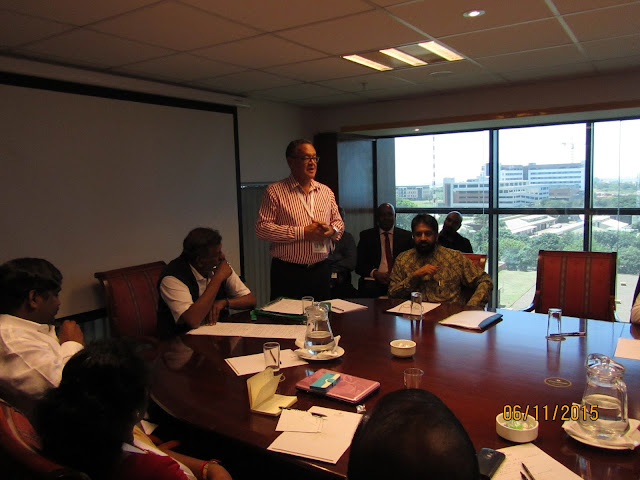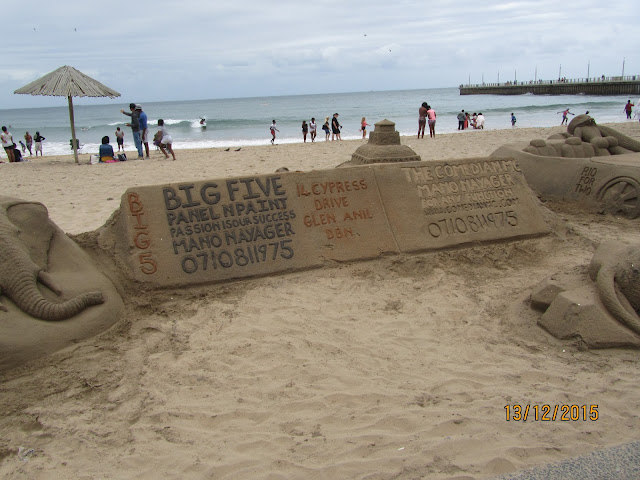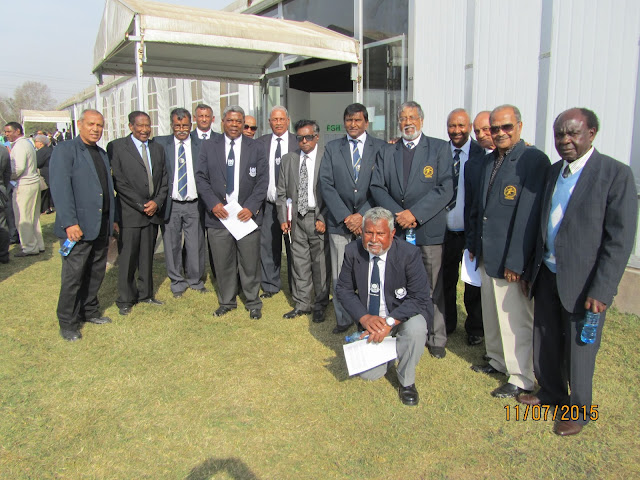PERPETRATORS OF HUMAN RIGHTS VIOLATIONS SHOULD BE BROUGHT TO JUSTICE
TAMIL ORGANISATIONS SAY TAMILS ARE SUFFERING ENSLAVEMENT
We, the undersigned representatives of the
Tamil Diaspora, in exile from the island of Sri Lanka[1], submit
this statement to responsibly convey to the member states of the United Nations
Human Rights Council that neither a domestic mechanism nor a hybrid mechanism
would be able to deliver justice to Tamil victims in Sri Lanka. We firmly
believe that justice can only be meted out by referring Sri Lanka to the
International Criminal Court.
In the Report of the Secretary-General’s
Panel of Experts on Accountability in Sri Lanka[2]
(March 31, 2011) it is stated inter alia:
“Accountability also requires official acknowledgement by the State of its role
and responsibility in violating the rights of its citizens when that has
occurred.” When the State itself is implicated in international crimes, it
cannot play any role in the administering of justice pertaining to those
crimes. As the accepted legal principle holds, nemo judex in sua causa– an accused cannot be judge in one’s own
case.
The underlying nature of the conflict in
Sri Lanka is a conflict between two nations, namely Sinhala Nation and Tamil
Nation. Given that, for a State to play a role in its resolution, it must be
neutral. However, as demonstrated by Sri Lanka’s history since “independence”,
the Sri Lankan State, including the judiciary, overwhelmingly dominated by the
Sinhala Nation, has failed to uphold even the appearance of neutrality. The
judiciary has always been subservient to the political leadership when it comes
to abuses against Tamils, and that is evidenced by all of the past Commissions
of Inquiry.
The mandate of the OISL is not limited to
war crimes but also includes international crimes, which is further defined in
Article V of the Rome Statute of the International Criminal Court as consisting
of the crime of genocide; crimes against humanity; war crimes; and the crime of
aggression. Article II of the 1948 Genocide Convention defines genocide to mean
“any of the following acts committed with intent to destroy, in whole or in
part, a national, ethnical, racial or religious group as such.” By this very
definition of genocide, the Sri Lankan State, controlled almost exclusively by
the Sinhala ethnic group, will not be able to adjudicate any charge of genocide
by the Sri Lankan State against the Tamils, whether as part of a hybrid
mechanism or a domestic mechanism. Therefore, an outside, independent
international mechanism is essential for a fair adjudication of the crimes
which fall within the purview of the mandate.
It has been the belief in some quarters
that the changing of the guard would result in change in institutionalized
impunity in Sri Lanka. The Tamils have seen numerous regime changes since Sri
Lanka becoming an independent State in 1948, and none of the regimes made any
sincere effort to address Tamil grievances. The promotion of former Army Chief
Sarath Fonseka to Field Marshal status and the recent appointment[3] of
former Commander of the notorious 57th division, Major General Jagath Dias, as
Army Chief of Staff, both of whom have been implicated in grave international
crimes by reputable INGOs, is not only a slap on the face to the victims, but
also to the principles of the UNHRC, an open flaunting of the accountability
demanded of the Sri Lankan State.
None of Sri Lanka’s domestic mechanisms,
including the one that had the International Independent Group of Eminent
Persons, has been successful. Accountability and justice are processes that
must be credible in the view of the victims, ensuring the free participation of
the victims, and complying with international norms and standards.
Further, given that the exclusively Sinhalese Sri Lankan military apparatus is still intact, and given the intense militarization[4] of the North East where the Tamil victims live, the Tamils will continue to be fearful to participate in any in-country process.
Further, given that the exclusively Sinhalese Sri Lankan military apparatus is still intact, and given the intense militarization[4] of the North East where the Tamil victims live, the Tamils will continue to be fearful to participate in any in-country process.
Given the history and politics of Sri
Lanka, a domestic or hybrid mechanism will not meet these standards and thus
the only fair option is an international process led by the United Nations.
A hybrid tribunal can be useful, where a
state has the will, but lacks the capacity to deliver justice. This is not the
case in Sri Lanka, because there is no political will to prosecute members of
the Sinhala Nation or to deliver justice to the Tamils. Even the Foreign
Minister of Sri Lanka recently told the Southern constituency that they will
set up a domestic inquiry “to clear the name of the army.” In fact, much of the
upcoming parliamentary elections will revolve around precisely this issue.
The present regime lacks the stability and
capacity to uphold a prolonged trial of war crimes, crimes against humanity,
and genocide. Such a trial, if held, will only intensify anti-Tamil sentiments
and may result in anti-Tamil pogroms. The result will be diametrically opposed
to what the accountability process hopes to achieve, namely non-recurrence,
deterrence, healing and peace. The Secretary General’s internal report on the
failures in Sri Lanka (the Petrie Report) gave birth to the Rights Upfront
initiative, drawing lessons from Sri Lanka. The UN should not fail the Tamil
victims yet again by instituting any mechanism dependent on the Sri Lankan
State.
Meanwhile, the “One Million Signature
Campaign,” a campaign to urge the UN High Commissioner for Human Rights to
refer the OISL Report on Sri Lanka to the International Criminal Court, has
surpassed its target. It also urges the High Commissioner to recommend
continued action on Sri Lanka at the Human Rights Council. The one million
signatures rejecting local and hybrid mechanisms also jibes with the recent
survey results conducted by the Center for Policy Alternatives that found an
overwhelming 84% of Tamils wanting an international accountability process.
With great respect for the Human Rights
Council’s commitment and work to protect and promote human rights around the
globe, to ensure justice and accountability, to build deterrence, and to ensure
that injustices are never repeated, we would like to request the following
action from the delegates of the thirtieth session:
A recommendation to refer the case to
the International Criminal Court or an
international accountability process, rather than support for a domestic or a
hybrid judicial process.
Submitted by:
1. British Tamil Conservatives (UK)
2. British Tamils Forum (UK)
3. Illankai Tamil Sangam (USA)
4. International Council of Eelam Tamils
(Canada-Norway-Finland-Denmark-Sweden-Holland-Belgium-Germany-France-Switzerland-Ireland-Italy-Australia-New
Zealand and partner country Mauritius)
5. Pasumai Thaayagam Foundation (Green
Motherland), (India)
6. People for Equality and Relief in Lanka
(USA)
7. Southside FM Radio (South Africa)
8. Swedish Tamils Forum (Sweden)
9. Ministry of International Affairs -
Transnational Government of Tamil Eelam (TGTE)
10. United States Tamil Political Action
Council (USA)
11. World Tamil Organization (USA)
[1] Tamils in Sri Lanka have been referred to as Ceylon Tamils for
centuries. The 1972 constitution that changed the name from Ceylon to Sri Lanka
was adopted without the consent of Tamils, and hence their reluctance to be
called Sri Lankan Tamils. Over the past 3 decades, they have been calling
themselves Eelam Tamils. Referring to them as Eelam Tamils also differentiates
them from Tamil Nadu Tamils of South India.
[2] POE Report, pg iv http://www.un.org/News/dh/infocus/Sri_Lanka/POE_Report_Full.pdf
[3] Sri Lanka: New Army Chief a
Blow to Justice. https://www.hrw.org/news/2015/05/17/sri-lanka-new-army-chief-blow-justice
[4] More than 18,000 people were taken away for interrogation by the
Sri Lankan military at the end of the war. While few of these people have been
released after undergoing torture and abuse in state custody, vast number of
those remains unaccounted for. The Sri Lankan state continues to defy calls for
a comprehensive list of those who were taken into custody.






























































































